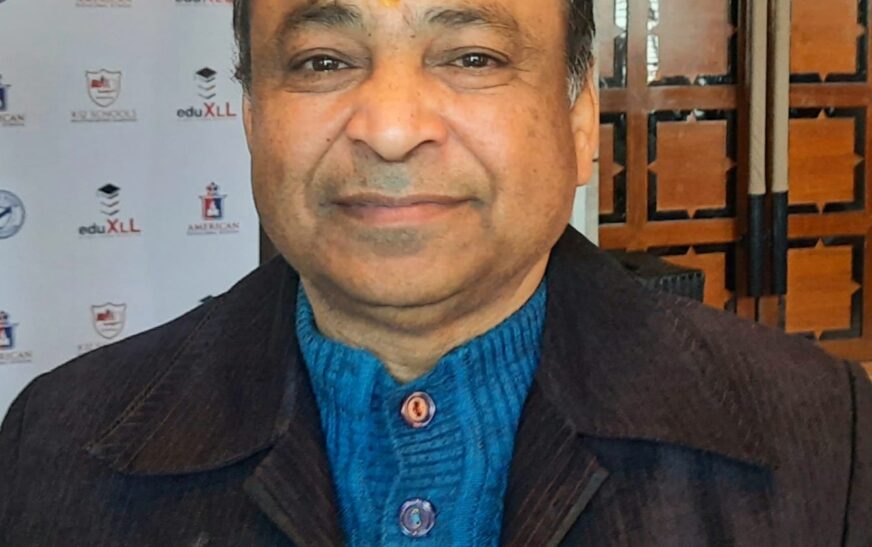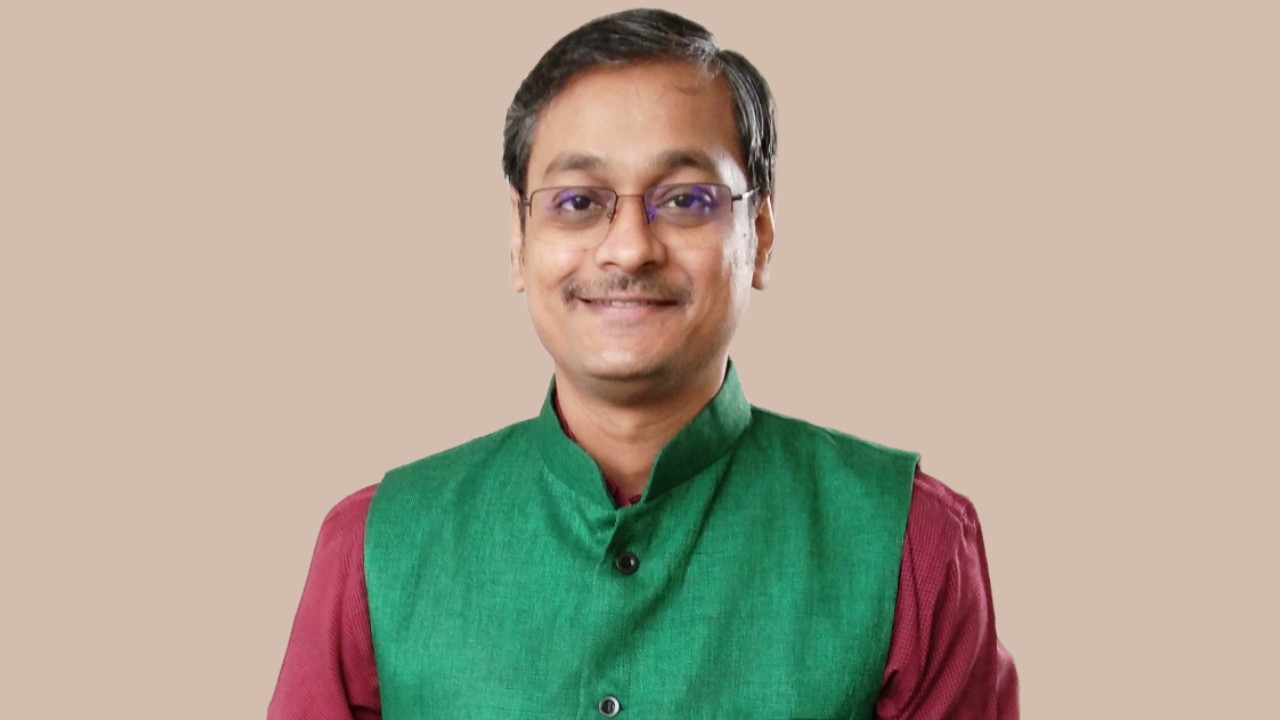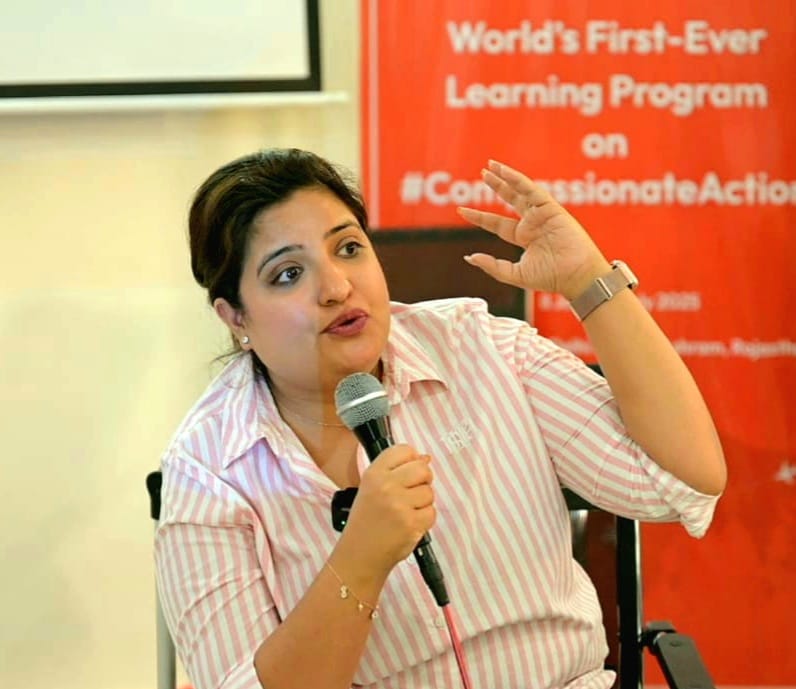The School of Open Learning (a part of the Campus of Open Learning), formerly known as The School of Correspondence Courses and Continuing Education, was established under the University of Delhi in 1962. It stands as a pioneering institution in the realm of Distance Education in India.
Admission procedures for various courses in the School adhere to the norms set by the University of Delhi. Additionally, examinations are conducted by the University itself. Just like its other constituent colleges, the University of Delhi grants degrees to students of the School without any distinction. The course curriculum at the School of Open Learning aligns seamlessly with that of other constituent colleges and departments within the University.
The School provides Undergraduate and Postgraduate Degree programs in Arts, Humanities, and Commerce. Operating through distance education, it offers a flexible medium of instruction, catering to the needs of students seeking higher education and vocational skills.
In an exclusive conversation with The Interview World, Prof. Uma Shankar Pandey, Officiating Principal at the School of Open Learning & OSD, Campus of Open Learning, Delhi University, emphasizes the importance of skill development. He highlights the role of technology in empowering learners, enabling them to leverage collaborative opportunities and become more market-ready. Here are some key excerpts from his interview.
Q: What impact does skill development have on the performance and competitiveness of the service sector?
A: In the economies of every nation, the service sector holds paramount importance. It serves as both a significant source of employment and a key contributor to the Gross Domestic Product (GDP). Despite its significance, there exists a noticeable disparity. While the agricultural sector makes substantial contributions, the service sector and industry fall short.
Addressing this gap necessitates a concerted effort to empower and enhance the service sector. This endeavor requires the engagement of a skilled and motivated youth workforce. By fostering a conducive environment for the development of their talents and expertise, we can effectively bolster the service sector’s role in driving economic growth and prosperity.
Q: Where are we lacking in skill development?
A: We have a considerable number of talented young individuals, yet they lack comprehensive training and essential industry-specific skills. Therefore, it’s imperative to prioritize skill development initiatives to empower these youths to make substantial contributions to the nation’s economy. This is crucial for realizing the government’s vision of achieving a $5 trillion economy.
Youth play a pivotal role in driving growth in both the service sector and industry, a trend observed in all developed nations. Enhancing the service sector and industry hinges on having a skilled workforce. This, in turn, leads to increased wealth creation, job opportunities, and economic activities.
To enhance the service sector and industry, significant improvements are needed. This includes investing in training programs, fostering skill development, and creating avenues for practical experience. By nurturing a skilled workforce, we can effectively propel our economy towards sustainable growth and development.
Q: What emerging trends, technologies, and shifts in learning behaviors are shaping the trajectory of online education in the coming years?
A: Online education has become imperative as stakeholders, including the government, prioritize boosting the Gross Enrolment Ratio (GER). Presently, our GER hovers between 20-24%, but the government aims to elevate it to 50%. This expansion is critical for ensuring comprehensive education across all demographics.
However, traditional educational systems lack the infrastructure to accommodate such rapid growth. Hence, embracing online education, complemented by advanced technologies like Artificial Intelligence (AI), Machine Learning (ML), Internet of Things (IoT), Augmented Reality (AR), and Virtual Reality (VR), is indispensable. These technologies offer scalable solutions to augment the GER effectively while aligning with modern learning preferences and needs.
Q: What are the courses available at the School of Open Learning, Delhi University?
A: The School of Open Learning provides a wide array of courses, catering to diverse academic interests. Among our offerings are esteemed honours courses such as Economics, Psychology, Political Science, Commerce, English, and more. Additionally, we offer specialized programs including MBA, BBA, and BMS courses. Furthermore, our curriculum encompasses five post-graduate courses. Notably, we also offer courses in Library and Information Sciences. These programs collectively represent a range of prestigious educational opportunities.
Q: What impact do emerging technologies have on education, particularly in the realm of open learning and online courses?
A: In our dynamic educational landscape, the integration of new technologies is ubiquitous, constantly introducing innovative solutions. This trend is particularly evident in the field of education, where advancements emerge daily. The impact of these technologies extends beyond students and parents, benefitting educators as well. By facilitating lecture development and fostering collaboration, technology enhances the teaching and learning experience.
Previously, a clear demarcation existed between traditional classroom settings and online or offline alternatives. However, this demarcation is gradually fading as education evolves to embrace diverse modalities. Governments, recognizing the importance of adapting to this changing landscape, are increasingly open to collaboration across various sectors. For example, India’s National Education Policy has embraced this shift by approving both traditional and online degree courses.
This transition reflects a broader trend towards flexibility and accessibility in education. Whether individuals are pursuing traditional paths or exploring alternative avenues, there is a growing recognition of the need to adapt to emerging opportunities. In this fast-paced environment, seizing external learning opportunities becomes imperative, driven by the desire to stay relevant and competitive in an ever-evolving world.
Q: What is the perception of employers regarding degrees obtained through open learning or online courses?
A: Across the board, there’s parity; no discernible difference exists between an online and traditional degree. In the Indian context, this equality stems from the credit-based system: completion hinges on accumulating requisite credits, irrespective of the learning mode – be it online, distance, or traditional. Essentially, it all amounts to the same degree. The crux lies not in the type of degree but in the competencies and expertise one possesses. Employers universally seek adept professionals, regardless of their educational path. Indeed, there are numerous instances of accomplished individuals excelling in corporate roles sans a conventional degree, owing to their possession of both the requisite qualifications and essential skills for the job.









